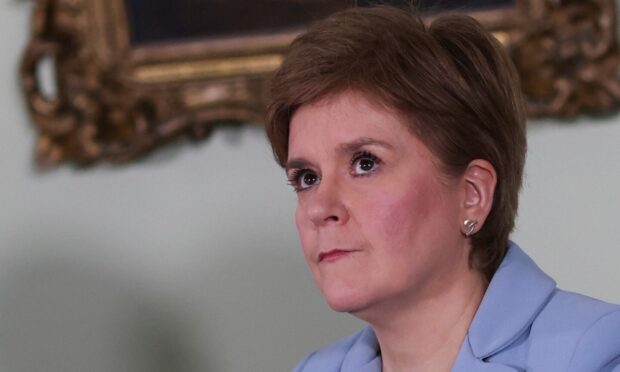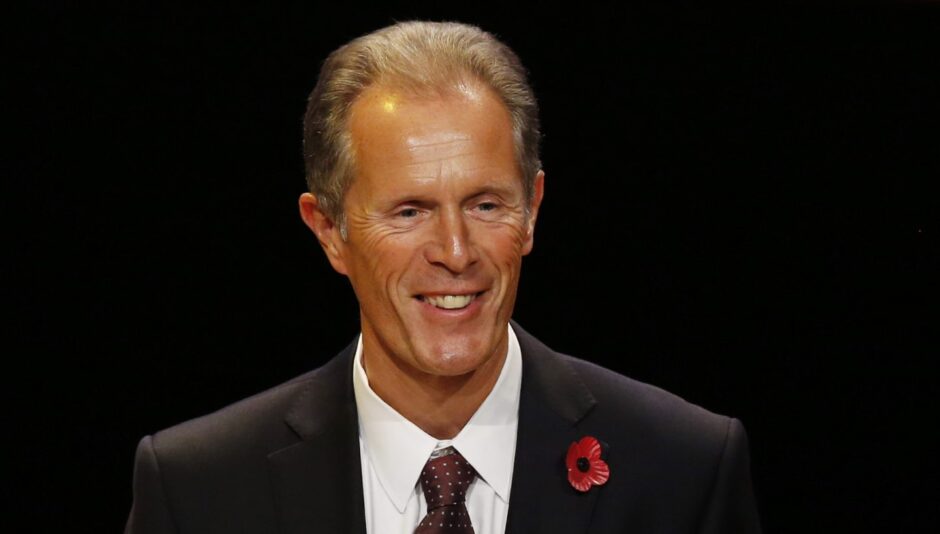
Scotland’s pro-independence political leaders held secret talks over fighting the 2015 general election under a united Yes banner just days after losing the referendum, we can exclusively reveal.
Blair Jenkins, who was chief executive of the Yes Scotland campaign until 2014, confirmed senior figures including Nicola Sturgeon and Patrick Harvie had a “serious discussion” about agreeing to a landmark electoral pact.
However, we can further reveal even those in Sturgeon’s own ministerial cabinet say they were unaware of the private talks and were not asked for their view.
It came as bosses sought to find a way to capitalise on a surge of momentum following the referendum vote that would ultimately see the SNP win a landslide 56 out of 59 Scottish seats at the next election.
But some independence supporters will be left to wonder what might have been had the SNP, Greens and other pro-independence groups teamed up.
Jenkins said: “There was a serious discussion at a Yes Scotland advisory board meeting around a week or 10 days after the referendum where we talked about whether the 2015 general election should be contested on a Yes platform, that the Yes supporting parties would come under one umbrella and contest the election on the basis of Yes.
“I had said to the SNP that while I was never interested in becoming a candidate for any political party, had the parties decided to contest 2015 as a Yes umbrella group rather than individual political parties, then I would have got involved in that in whichever role they wanted.
“If they wanted me to be a candidate for a Yes Scotland election campaign, I would have done that. It wasn’t part of my plans but if I’d been asked to, I would have done it.
“For whatever reason, their own reasons – perfectly good reasons, the parties decided to go back in their own party silos and to fight that election as political parties.”
‘An idea worth discussing’
Jenkins said it was never directly explained to him why the parties decided not to join forces but that it had turned out to be a hugely successful election for the SNP anyway.
He added: “It was mentioned at that meeting that Nicola Sturgeon, Patrick Harvie and everyone around that table certainly thought it was something worth discussing.
“It wasn’t taken forward but the people involved would have to say why.
“To be honest, from an SNP perspective – who are by far the biggest party, if you look at how well they did in the 2015 general election, I think they and neutral observers might say it was a smart thing for them to fight that election as the SNP and not under a Yes banner.”
Former SNP minister Alex Neil, who served in Nicola Sturgeon’s top team at the time, confirmed the discussion was never mentioned to him.
He said: “I’ve never heard of that at all.
“It was never discussed and certainly Nicola, to the best of my knowledge, as usual didn’t consult anybody in the SNP about it or tell the parliamentary group that such a discussion has taken place.
“It would have been good to know about all of this 10 years ago.”
John Swinney, one of Sturgeon’s closest allies and the current first minister, said he was also not part of the talks.
‘Informal discussions’
The Scottish Greens said: “Various different ideas for the UK election were informally discussed in the aftermath of the referendum, but they went no further than that.
“No formal proposal was ever made by or to the Scottish Greens and we are not aware of any formal proposals made to other parties.”
A spokesperson for Nicola Sturgeon said: “In 2015, under Nicola Sturgeon’s leadership, the SNP had its most successful general election result in its history.
“Since then, the Westminster parties have continued to deny Scottish democracy despite the people of Scotland voting to have a say over their future at several elections.”

Enjoy the convenience of having The Sunday Post delivered as a digital ePaper straight to your smartphone, tablet or computer.
Subscribe for only £5.49 a month and enjoy all the benefits of the printed paper as a digital replica.
Subscribe
